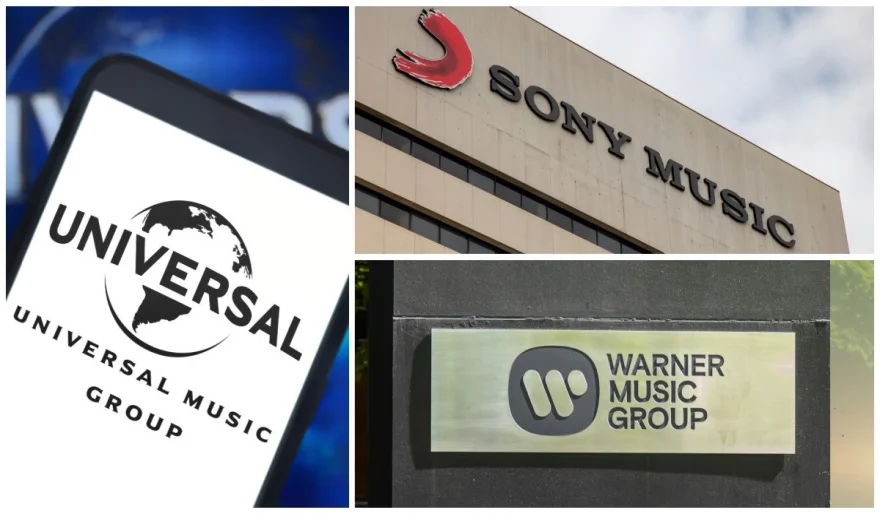Stay Ahead of the Curve
Latest AI news, expert analysis, bold opinions, and key trends — delivered to your inbox.
Sony, Universal, and Warner file lawsuits over AI music copyright violations
5 min read The music industry is facing a new challenge: artificial intelligence (AI). In a groundbreaking lawsuit, Sony Music Entertainment, Universal Music Group, and Warner Records have accused two AI music startups, Suno and Udio, of copyright infringement. June 25, 2024 07:44
The world of music is facing a new wave of legal battles as three major record labels – Sony Music Entertainment, Universal Music Group, and Warner Records – have filed lawsuits against two AI music companies, Suno and Udio. These lawsuits allege copyright infringement on a massive scale.
The Heart of the Dispute: Stealing Music to Make Music?
The record labels claim that Suno and Udio's AI systems rely on unauthorized copying of their vast music libraries. Here's how they see it:
- Training on Copyrighted Material: Suno and Udio allegedly train their AI models on a massive amount of music data, including copyrighted songs from the labels they're now suing.
- Learning to Mimic, Not Create: The concern is that the AI isn't truly composing original music, but rather learning to mimic existing styles and sounds based on the copied data.
- Profiting from Infringement: If Suno and Udio use this allegedly infringed-upon music knowledge to create music for commercial purposes, the labels see it as profiting from copyright violation.
Suno and Udio Fight Back (or Do They?)
While the lawsuits have been filed, there haven't been any official responses from Suno or Udio yet. However, AI companies in similar situations have typically argued:
- Fair Use: They might claim their use of copyrighted material falls under fair use, a legal doctrine allowing limited use of copyrighted works for purposes like criticism or parody.
- Transformative Creation: They might argue that the AI creates new and transformative works that are distinct enough from the originals to be considered fair use.
A Battle with Broader Implications
This lawsuit has ramifications beyond just the music industry:
- Setting a Precedent for AI Art: The outcome could set a legal precedent for how copyright applies to AI-generated content across various creative fields, like art and literature.
- The Future of AI Training Data: The case might influence discussions about the ethics and legality of using copyrighted material to train AI models.
- A Balancing Act: The legal battle will likely grapple with balancing the need to foster innovation in AI with protecting the rights of copyright holders.
The Future of Music and AI
This lawsuit ushers in a new era of complexities in the music industry:
- Collaboration or Conflict?: The question remains whether AI will be a disruptive force or a collaborative tool for musicians.
- AI-Assisted Composition?: Perhaps AI can be used ethically to aid human creativity in music composition, rather than replacing it altogether.
- A Need for Clear Guidelines: Clear legal guidelines regarding AI and copyright might be necessary to navigate this uncharted territory.
The legal battle between Sony, Universal, Warner, Suno, and Udio is only just beginning. The outcome will be closely watched by the music industry, the AI development world, and anyone interested in the ever-blurring lines between creativity and technology.



















 AI Agents
AI Agents